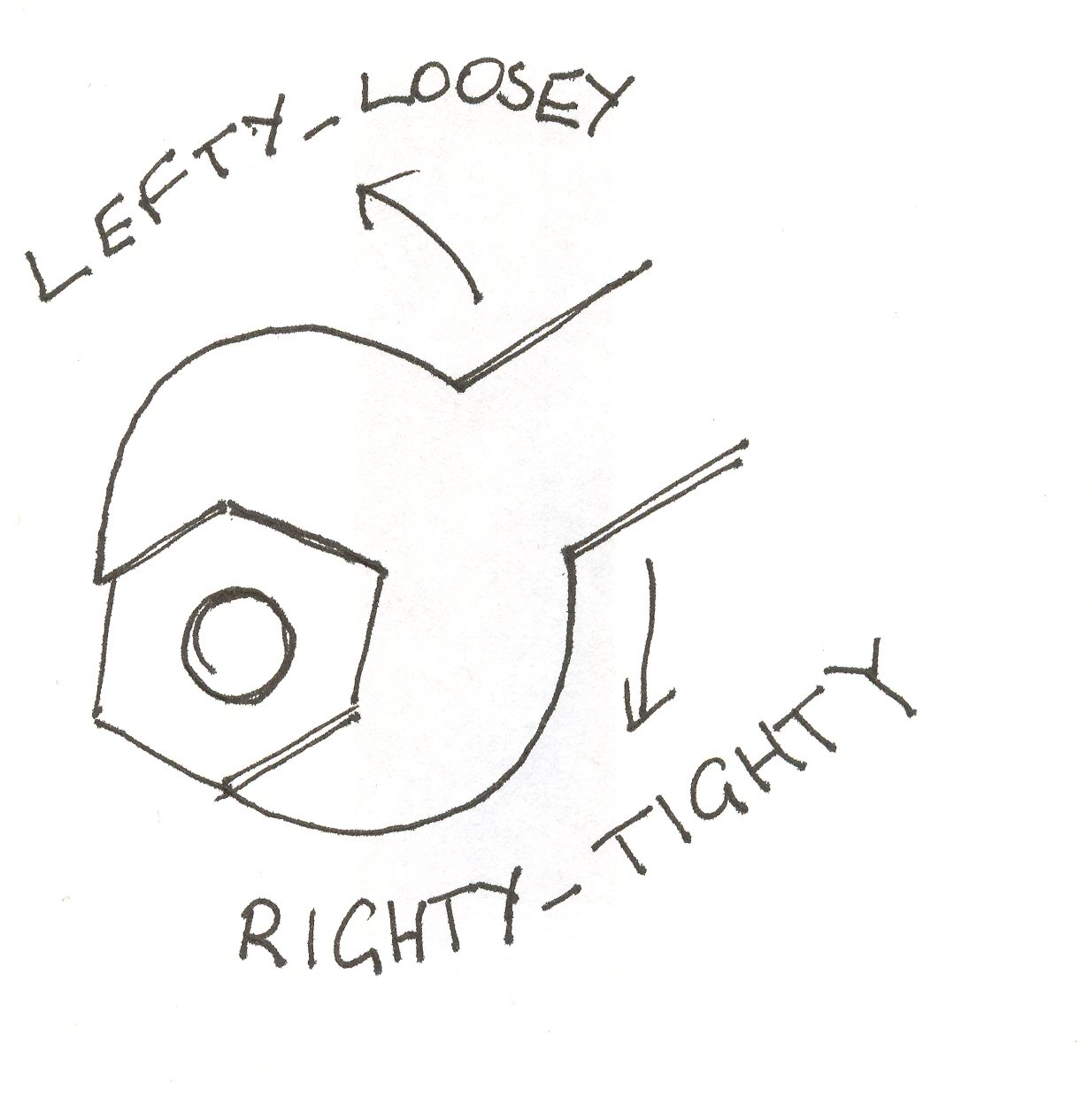this post was submitted on 13 Oct 2024
466 points (97.7% liked)
Asklemmy
44293 readers
829 users here now
A loosely moderated place to ask open-ended questions
If your post meets the following criteria, it's welcome here!
- Open-ended question
- Not offensive: at this point, we do not have the bandwidth to moderate overtly political discussions. Assume best intent and be excellent to each other.
- Not regarding using or support for Lemmy: context, see the list of support communities and tools for finding communities below
- Not ad nauseam inducing: please make sure it is a question that would be new to most members
- An actual topic of discussion
Looking for support?
Looking for a community?
- Lemmyverse: community search
- sub.rehab: maps old subreddits to fediverse options, marks official as such
- !lemmy411@lemmy.ca: a community for finding communities
~Icon~ ~by~ ~@Double_A@discuss.tchncs.de~
founded 5 years ago
MODERATORS
you are viewing a single comment's thread
view the rest of the comments
view the rest of the comments

I've heard flammable gas uses reverse (left hand) thread to prevent cross connection. At least for welding gases in NZ; not sure about natural gas.
Acetylene does, gas lines are standard pipe.
Suppose it's cause natural gas runs at like, 1-3 psi, while a fresh tank of acetylene is 5,000?
Least in the US
It's also torches and everything after the regulator, which run at much lower pressure. At least in NZ
I think it might be because they're connected and disconnected regularly so misconnection is a common problem, even with colour coding. Gas work on houses involves actually putting the fittings on pipe and is done by people who should be concentrating more on that rather than on what they're about to weld/cut.